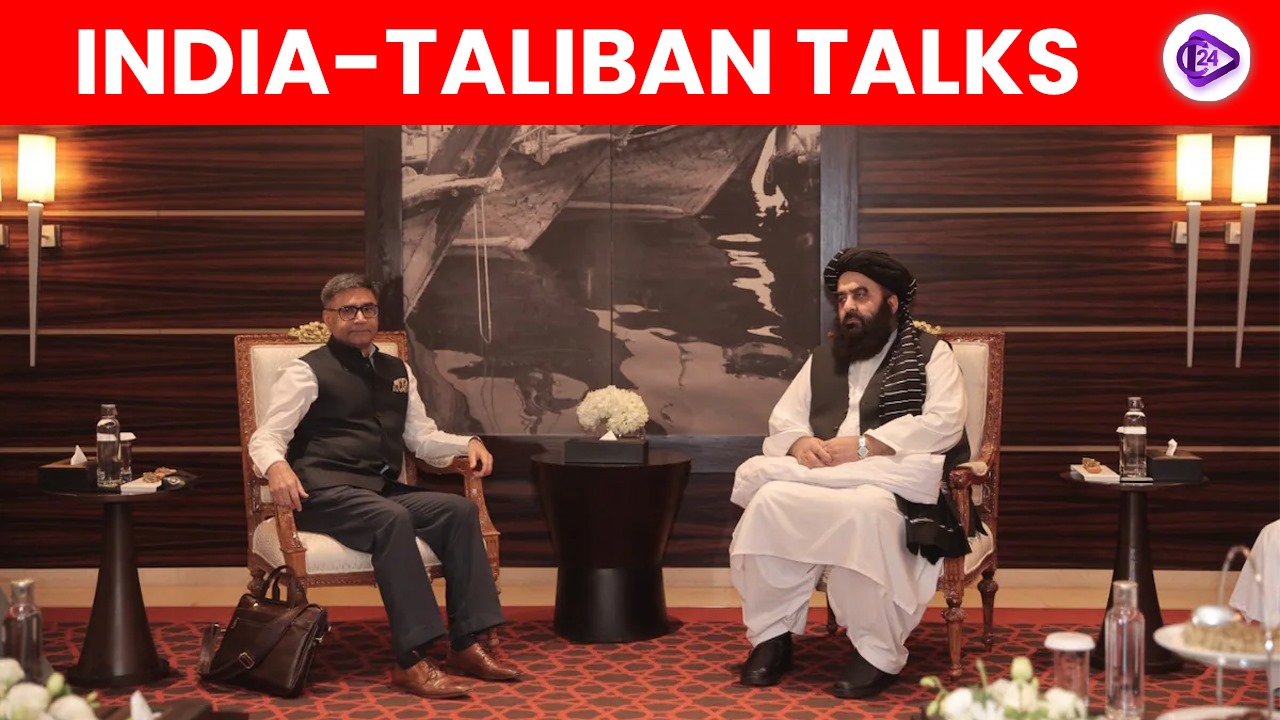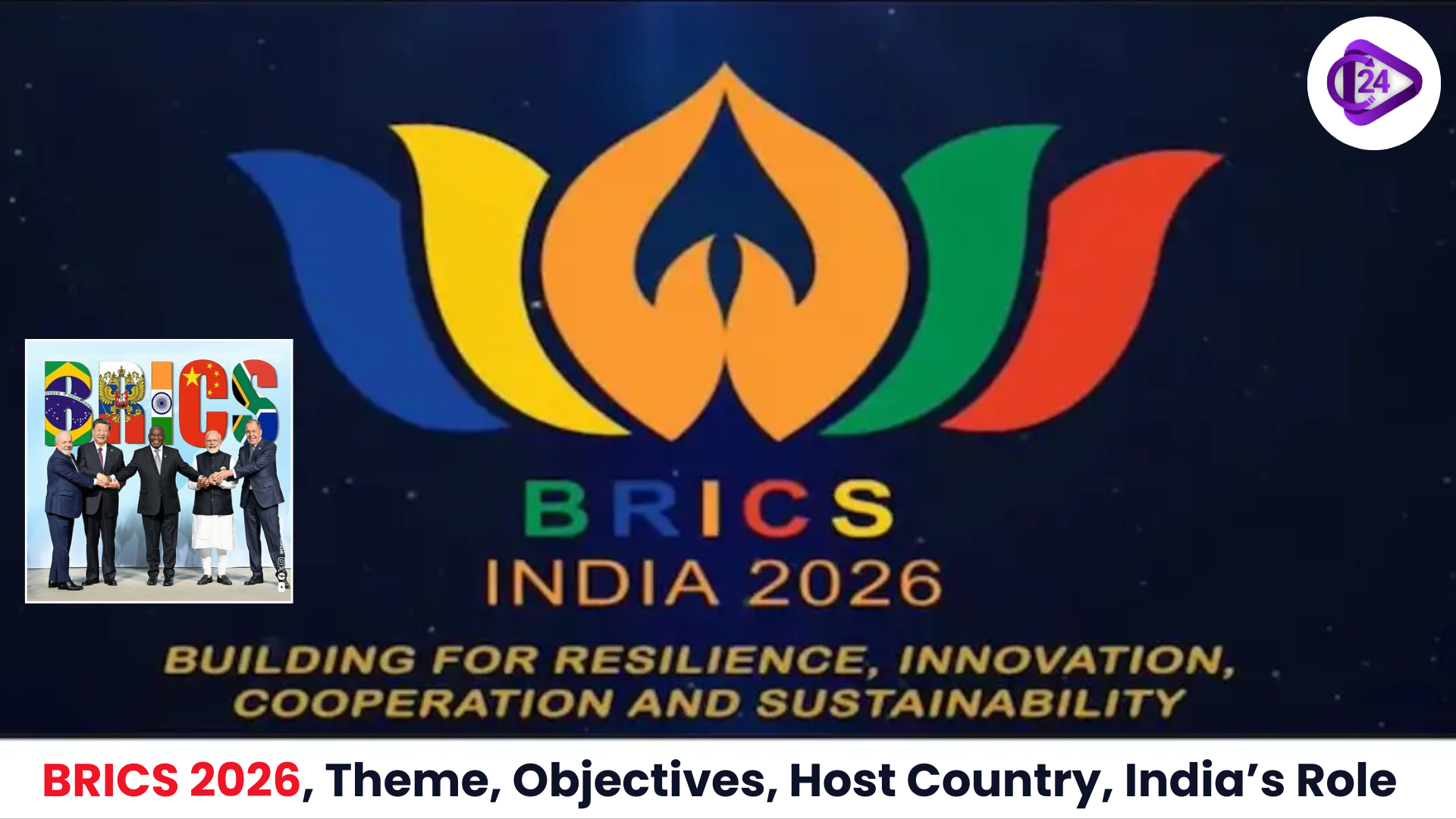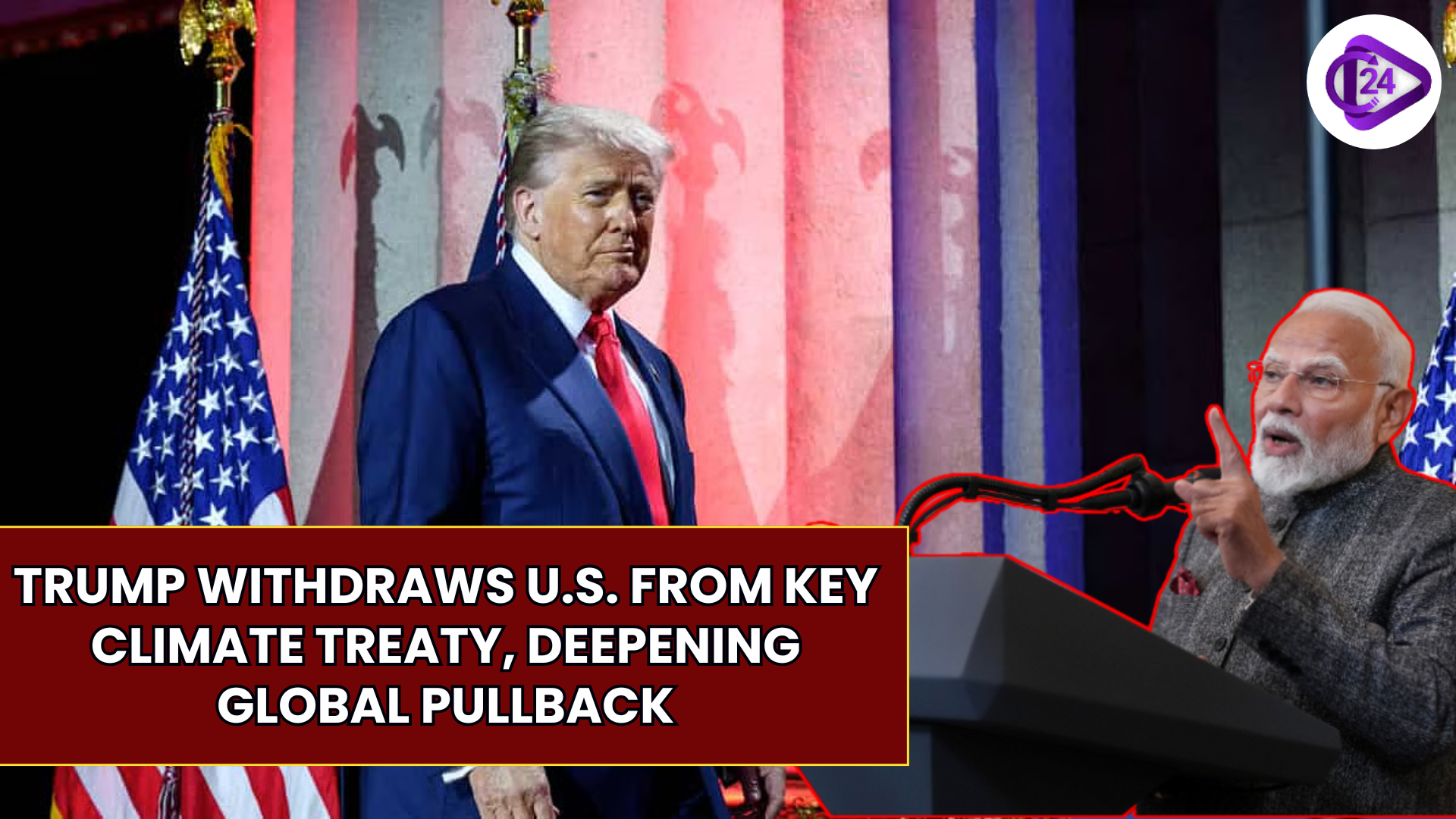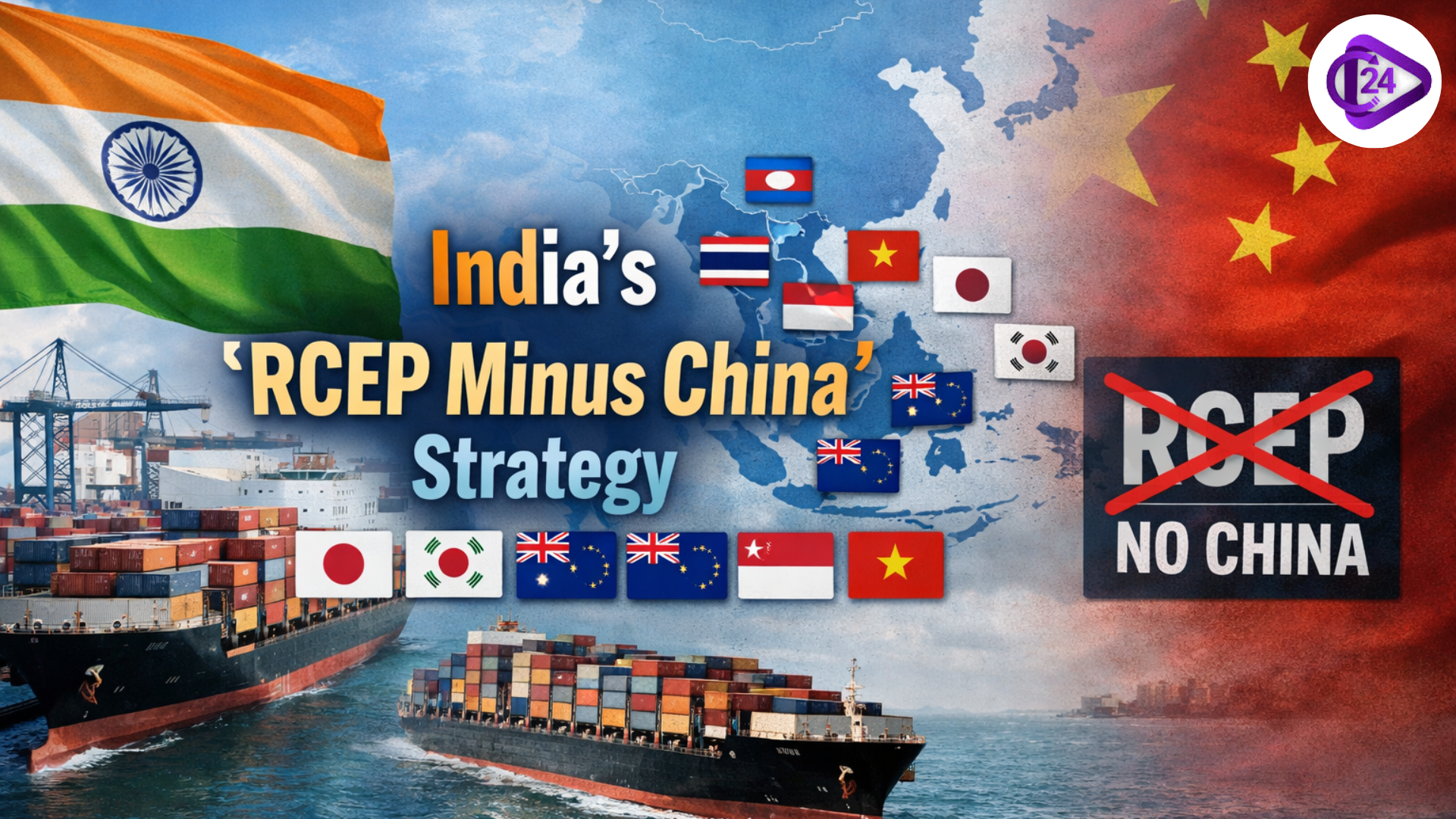Daily Quizzes
Mock Tests
No tests attempted yet.
Select Category

On the 8th of January 2025, the Indian Foreign Secretary Vikram Misri officially met the Afghan Taliban’s Acting Foreign Minister Amir Khan Muttaqi in Dubai – the first official recognition of such a level meeting. Although India has not officially recognized the Taliban regime, such interaction vividly highlights New Delhi’s practical policies consistent with realistic goals when dealing with similar problems and regional interactions.
Key Points Discussed:
-
Security Concerns:
-
India highlighted their worries about Pakistan-based terrorist organizations such as Lashkar-e-Taiba (LeT) and Jaish-e-Mohammed (JeM) compared to inside Afghanistan.
-
The Taliban said that they fully understood these concerns of security and promised to facilitate to ensure that Afghan soil cannot be used by those who have ill intentions against India.
-
-
Humanitarian Aid:
-
India made further pledges in the form of development aid for Afghanistan's health ministry and refugee resettlement.
-
This aid comes after Pakistan alone has deported more than 500000 Afghanistan residents an event that has worsened humanitarian conditions in Afghanistan.
-
-
Chabahar Port:
-
Sittings stressed the improvement of using Chabahar Port in Iran for both trade and humanitarian objectives.
-
Owned by an Indian state enterprise, the port helps avoid using Pakistani facilities and provides help to Afghanistan.
-
-
Development and Cooperation:
-
India restated its willingness to foot the developmental requirements of Afghanistan and contemplated other projects in addition to the ongoing humanitarian ones.
-
They also discussed further development of relations in sports, especially cricket.
-
-
Humanitarian Engagements:
-
India has supplied wheat, medicines, vaccines, and aid in the form of earthquake assistance since the Taliban seized power in 2021.
-
However, India renewed limited diplomatic relations with the new government in Kabul after 2022 leveling in the political instability.
-
-
Regional Context:
-
The meeting took place several days after India accused Pakistan of drone overkill in Afghanistan that claimed the lives of dozens of civilians.
-
India and Taliban relation
-
Geopolitical Considerations: Consequently, India’s dealings with the Taliban are driven by the changing geopolitics of the South Asian region, especially with the fast-rising China. India has considered interaction with the Taliban as a way to protect its interest in Afganistan and broadly in the South Asian region.
-
Counter Terrorism: India is worried that groups like Lashkar-e-Taiba (LeT) and Jaish-e-Mohammed (JeM) could use Afghanistan to stage attacks against India. For this, the primary objectives of India’s political engagement with the Taliban are to achieve improved security and thereby reduce the terrorism problem in Afghanistan or its roots in Afghanistan.
-
Counteracting Pakistan’s Influence: Pakistan has always played a vise-like role in Afghanistan’s affairs and that too in a manner which is not very favorable to India. Taliban is another reason India has seen involvement as a way of gaining access to Afghanistan and neutralizing Pakistan’s hold in the region.
-
Protecting Indian Investments: India has committed quite a lot of funds to implement infrastructure facilities in Afghanistan such as roads, electricity, and education. The protection of these investments, and safeguarding of the Indian interest in Afghanistan is one of the key reasons which makes India engage with the Taliban. The Taliban has assured India it will ensure the security of these facilities.
Issues and Concerns
-
Human Rights: The relevant issues like women's, and minorities' or any form of representation of Afghanistan's disenfranchised groups in the rulership rights protection has not been taken into consideration.
-
Pakistan’s Reaction: The relations between Pakistan and India have never been friendly and Pakistan is most likely to respond aggressively to India’s interaction with the Taliban. Pakistan has accused Afghanistan of hosting the militants who staged attacks in Pakistan, but the Taliban has strongly denied the allegations.
Conclusion
The future policy of India towards the Taliban will remain a delicate dance between what many will consider justified security concerns and an active ‘stakeholder’ status in efforts at rebuilding Afghanistan. The two parties also agreed to keep meeting and continue dialogue on matters of mutual concern. The meeting is indicative of India’s approach to Afghanistan which is proactively positive and seeks to combine security concerns with development and humanitarian needs.



 Doomsday Clock Moves to 85 Seconds from Midnight
Doomsday Clock Moves to 85 Seconds from Midnight Finke River Recognised as World’s Oldest Flowing River
Finke River Recognised as World’s Oldest Flowing River BRICS 2026: Theme, Objectives, Host Country, India’s Role
BRICS 2026: Theme, Objectives, Host Country, India’s Role Trump Withdraws U.S. from Key Climate Treaty, Sparks Global Climate Policy Shift
Trump Withdraws U.S. from Key Climate Treaty, Sparks Global Climate Policy Shift US Launches Military Strikes on Venezuela, Trump Claims Maduro Captured
US Launches Military Strikes on Venezuela, Trump Claims Maduro Captured Bomb Cyclone: Understanding the Extreme Weather Phenomenon
Bomb Cyclone: Understanding the Extreme Weather Phenomenon Israel Recognises Trump with Peace Prize Following Florida Meetings
Israel Recognises Trump with Peace Prize Following Florida Meetings India's RCEP Minus China Strategy Explained
India's RCEP Minus China Strategy Explained China Opens World’s Longest Expressway Tunnel in Xinjiang
China Opens World’s Longest Expressway Tunnel in Xinjiang Russia Plans to Build a Nuclear Power Plant on the Moon by 2036
Russia Plans to Build a Nuclear Power Plant on the Moon by 2036






